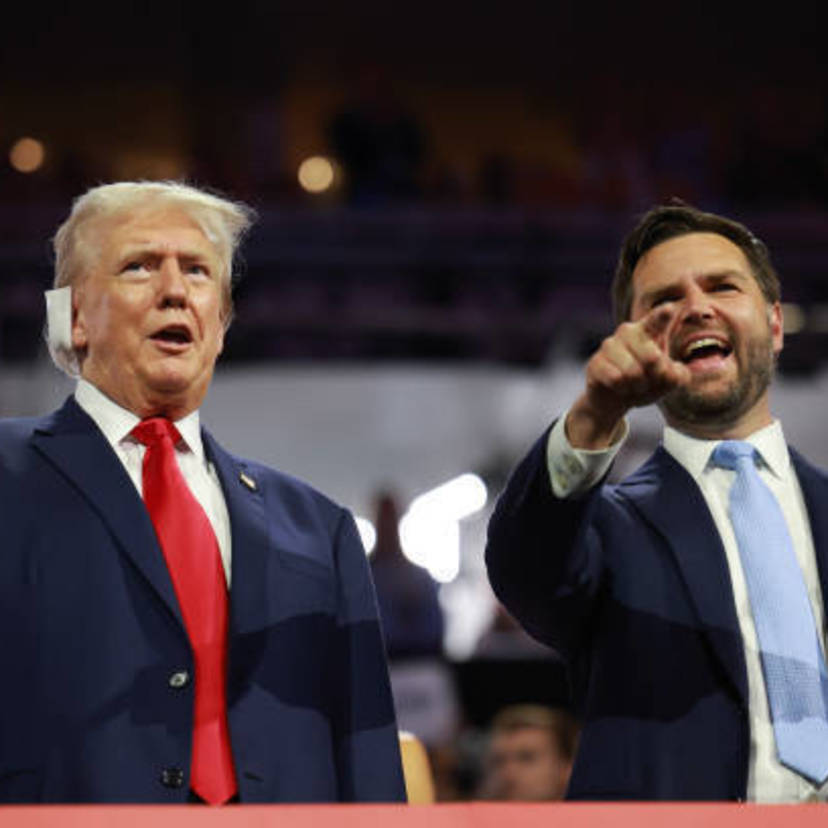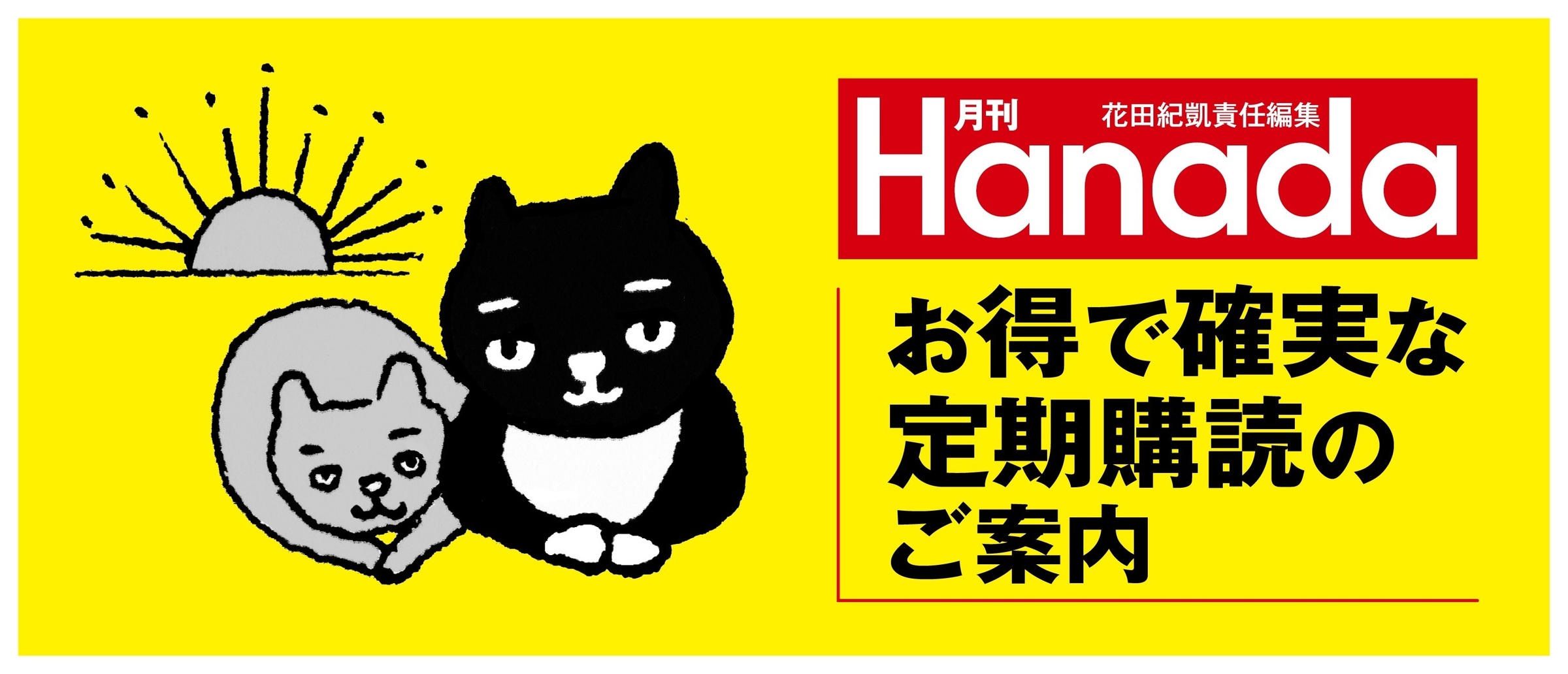Japan has never been an independent nation
At the 2024 Republican National Convention, J.D. Vance said the following.
“Together we will make sure our allies share in the burden of securing world peace. No more free rides for Nations that betray the generosity of the American taxpayer”
It sounds like he is referencing NATO and Japan. Indeed, any security treaty should be maintained between independent nations and it should be based on mutual support. However, if Vance (Trump administration) wants a more mutually supportive relationship with Japan, some serious questions need to be asked. Firstly, the real purpose of the existing security treaty needs to be examined. Secondly, the historical aspect of the security treaty also needs to be verified.
Japan has never been an independent nation even after the Treaty of San Francisco signed in 1951 simply because another treaty was discretely signed on the same day. The other treaty was the Security Treaty Between the United States and Japan. John Foster Dulles made it clear that the purpose of the Japan-U.S. Security Treaty was to ensure the right to station any desired number of troops at any desired location for any desired period. In other words, the treaty was designed to continue the occupation of Japan beyond her nominal independence.
Because of the deceptive nature of the treaty Shigeru Yoshida then Prime Minister of Japan chose to sign alone. John Moore Allison who later became US ambassador to Japan followed Dulles by saying “If this treaty is indeed signed, at least one member of the Japanese delegation will be assassinated upon their return to Japan.”
Since then, the U.S. policy towards Japan has been “keep Japan dependent on the U.S. without allowing any capability to develop its own foreign, military nor economic policy.” Famously, Henry Kissinger said in his meeting with Chou En-lai in 1971 that the Japan-U.S. Security Treaty was the lid of a bottle that would contain Japan so that it would never again emerge as a powerful nation.
Kissinger’s view was reaffirmed 20 years later. The Washington Post of March 27, 1990, carried a statement made by Rear Admiral Henry C. Stackpole, Commanding General of the U.S. Marine Corps in Japan. He stated that if the U.S. forces leave, Japan will further strengthen its already substantial military capabilities. No one wants Japan to rearm. So, we [the U.S. military] are the lid on the bottle to prevent militarization.
This is the historical reality of the U.S.-Japan relationship. Japan is not even a regional partner. It is no exaggeration to say that Japan has been a satellite nation and a hostage of the U.S. as Oliver Stone poignantly pointed out.
Once the sun sets Japan is governed by the U.S. military force
Under the Security Treaty Between the United States and Japan there is another agreement that defines the details called the Japan-U.S. Status-of-Forces Agreement (SOFA). In theory it is supposed to be an agreement merely defining the rights and responsibilities of the U.S. Forces stationed in Japan. There is an organization arranged under the SOFA called the U.S.-Japan Joint Committee composed of representatives from both Japan and the United States to discuss how to implement the SOFA, which was concluded in 1960.
It has come to general public’s knowledge that this committee held twice a month is run by the U.S. military officials and Japanese bureaucrats of all the ministries without involving Japanese politicians (members of parliament) at all. There are a number of sub-committees beneath covering extensive subjects potentially beyond mere administrative issues over the military presence. This is why the Joint U.S.-Japan Committee is compared to the GHQ led by General Macarthur during the post war occupation period.
A retired general of the Japanese Self-Defense Force (JSDF) privately told me that Japan is governed by the Japanese government only during daytime but once the sun sets Japan is governed by the U.S. military force. He was trying to tell me about the truth of the U.S.-Japan relationship by using such an analogy.
The JSDF is considered an extension of the police force under the Japanese Constitution drafted by the GHQ. JSDF soldiers are legally special bureaucrats but not soldiers, hence they are not covered by the Convention respecting the Laws and Customs of War on Land. The JSDF is never a self-conclusive military force. It is designed to support the U.S. military force present in Japan. It was deliberately designed that way to keep Japan dependent on the U.S.
Japan has never been even a regional partner. It has been merely playing a role to support the U.S. under the controlling mechanism described above. It has been in that shape because that is exactly what the U.S. government wanted. U.S. administrations never allowed Japan to consider acquiring nuclear weapons even though Japan is surrounded by hegemonic nations armed with nuclear weapons targeting Japan.
Donald Trump’s return is widely desired here in Japan as well. However, he will be exhausted in domestic affairs, and he will not be able to dedicate much energy outside the U.S. It will lead to the inevitable question: what kind of Japan does the U.S. would want for the sake of achieving a more stable world and the U.S. security? There will be a choice between a Japan strong enough to independently defend herself or a Japan that continues to be dependent on the U.S. as a vassal nation.
If Trump and Vance prefer Japan to be a genuine partner of the U.S., they will then need to consider abolishing the post war controlling mechanism over Japan such as the Joint U.S.-Japan Committee and abandoning the extrajudicial privileges rendered to the U.S. Military Forces. The real problem Japan has is that neither the Prime Minister’s Office nor the Ministry of Foreign Affairs can spontaneously provide opinions because they are completely accustomed to follow instructions given by U.S. administrations. We must reset all this for the sake of a sound relationship between the two nations and formally end the post war occupation.



